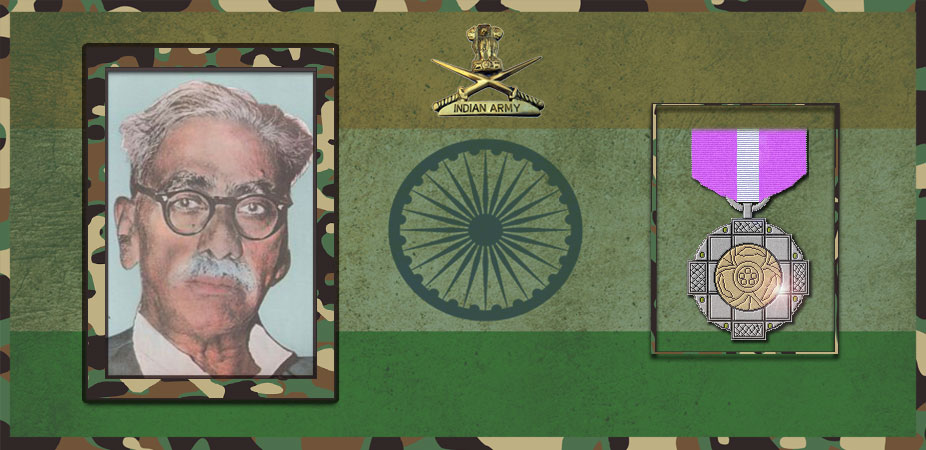Let's salute to our Indian Army together, We are proud to be Indian.
Let's salute to our Indian Army together, We are proud to be Indian.

Gurram Jashuva (or G Joshua) (28 September 1895 – 24 July 1971) was a Telugu poet. He was recognized with awards by Government of India. His literature’s impact on the society was studied by researchers. Literary awards were instituted in his memory.
Jashuva was born to Virayya and Lingamma in Vinukonda, Guntur district, Andhra Pradesh, India to a community of leather workers.His father belonged to the Yadav caste and his mother belonged to the Madiga caste. Due to poverty and the intercaste marriage of his parents, his childhood was difficult in a society in which some castes were considered “untouchable.” His parents raised him and his brother as Christians. Jashuva graduated with Ubhaya Bhasha Praveena (as a scholar of Telugu and Sanskrit languages).
Jashuva initially worked as primary school teacher. He then worked as Telugu producer in All India Radio, Madras between 1946-1960.
Protests against “untouchability,” Dalit rights, and segregation have been common themes in all his works. His main works include Gabbilam (A Bat), Firadausi (A Rebel) and Kandiseekudu (A Refugee). Some of Jashua’s verses had been incorporated into the popular mythological play, Harischandra, especially those in the cremation grounds scene.
Dalit communities in Andhra Pradesh consider Jashuva as the first modern Telugu Dalit poet, and protest the erasure of Jashuva from many Telugu and Indian literary histories. In 1995, Dalit communities in Andhra Pradesh organized birth centenary celebrations for Jashuva and have begun efforts to rehabilitate his literary contributions
In one stanza, Jashuva writes: To this friendly bat he began telling his life-story with a heart scorched by sorrow. In this senseless and arrogant world, other than lowly birds and insects, do the poor have any intimates or neighbors, any noble swans to explain his warm tears?
The man in the poem muses at the irony of his situation, where a bat is allowed inside a temple but not a human being. He cautions the bat to convey his message to Siva as it hangs from the roof close to his ear, at a time when the priest is not around. Jashuva used his other favorite emotion, “patriotism” as he describes the various historic places the bat will fly over en route to Lord Siva in Kasi. He even takes the bat on detours to visit some historic place of pride for Indians. (Mohanty, Manoranjan (2004-05-24). Class, Caste, Gender. SAGE. p. 236. ISBN 9780761996439.)